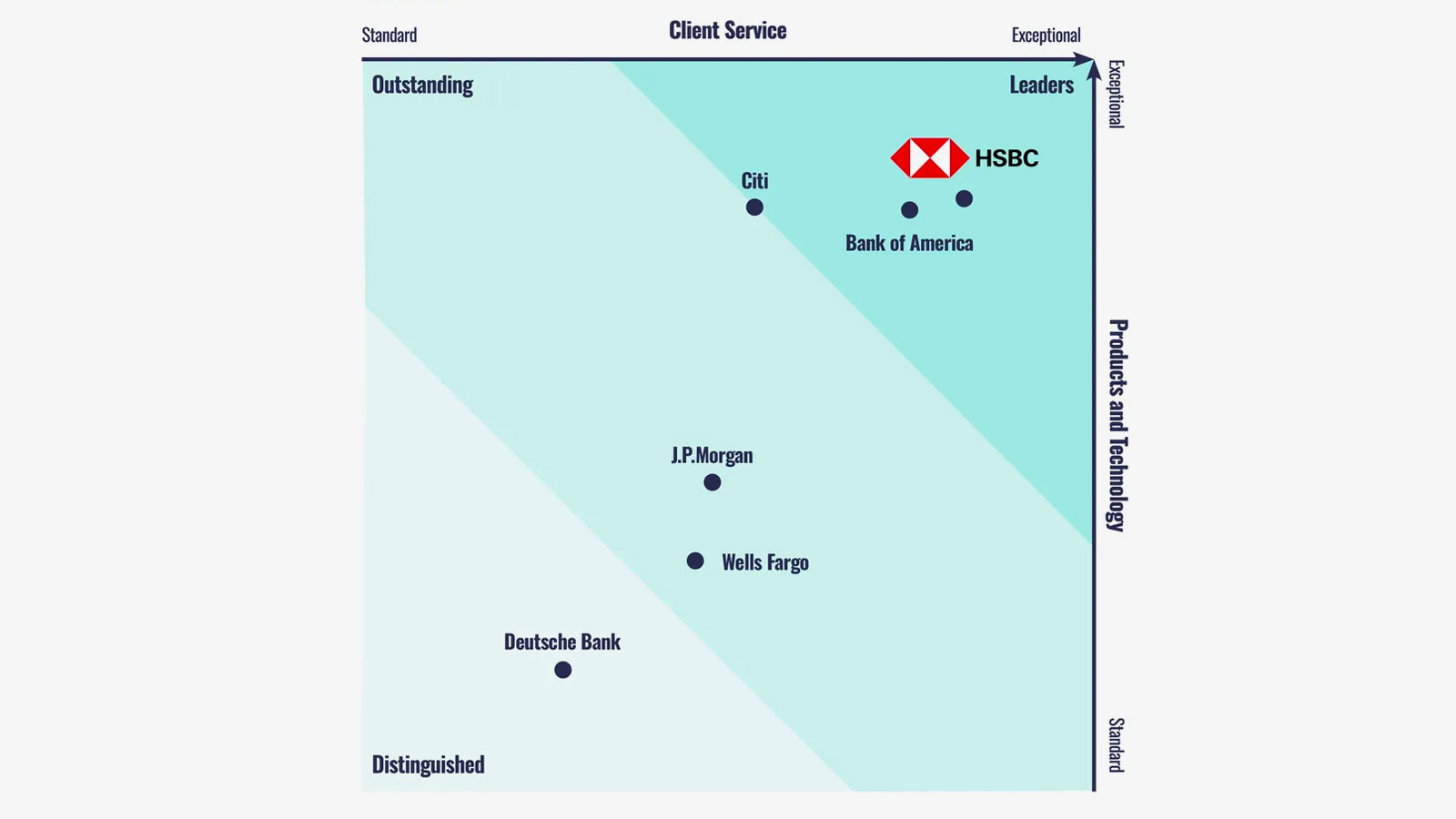Cash Management

Corporate banking
Banking Circle’s CEO Bertelsen on how to rebuild banking infrastructure

Corporate banking
Liquidity in motion: insights from Citi’s LMS strategy

Corporate banking
ING’s Bester and Kruger on the heartbeat of wholesale banking

Corporate banking
UniCredit’s Barisaac on success driven by diversity

Capital markets
BNY’s ambition to grow transaction services outside US

Corporate banking
Lloyds’ Burns on reshaping for client success

Corporate banking
North America’s best cash management provider: HSBC

Capital markets



